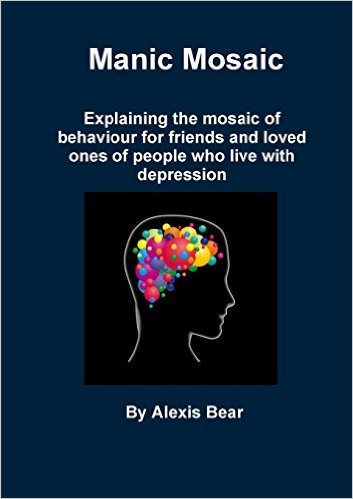Adventures in reading
 Gabriel Bradford Millar, Crackle of Almonds (selected poems) published by Awen.
Gabriel Bradford Millar, Crackle of Almonds (selected poems) published by Awen.
This is a collection that spans a long poetic life – the first poem dates from 1958, the last one in the book came from 2011. I very much enjoyed it. These are the kinds of poems that all make good sense at first reading, with striking images that transform the ordinary into the remarkable. If you re-read and ponder, there are depths to explore. There’s a lot of writing from a position of empathy with other women – something I find I need to have more of in my life. It’s warm, human, forgiving work, well worth a look.
More about the book here – http://www.awenpublications.co.uk/crackle_of_almonds.html
 The Wild Places, Robert Macfarlane – this one really supplies the adventure! I love Robert Macfarlane’s landscape writing, and I have been inspired by his mission to get people more engaged with the natural world. So I started out ready to love this book. Then I didn’t love it at all, it seemed to be about a man with far more time, energy and resources than I can dream of, driving around the country to visit remote places. Most of us can’t do this, and if we did, those remote places wouldn’t be the wild places they are. Wildness as a privilege for the few cannot be the way to go. But then, about two thirds of the way through, a huge shift in the author’s perception occurs. A re-seeing of the world, a willingness to encounter the wild in smaller, more local ways, and at this point I fell back in love with the writing. If you are the sort of person who sees nature as ‘away’ and exotic, and only possible in the absence of humans, then this would be a book to read because you may discover something in the author’s journey.
The Wild Places, Robert Macfarlane – this one really supplies the adventure! I love Robert Macfarlane’s landscape writing, and I have been inspired by his mission to get people more engaged with the natural world. So I started out ready to love this book. Then I didn’t love it at all, it seemed to be about a man with far more time, energy and resources than I can dream of, driving around the country to visit remote places. Most of us can’t do this, and if we did, those remote places wouldn’t be the wild places they are. Wildness as a privilege for the few cannot be the way to go. But then, about two thirds of the way through, a huge shift in the author’s perception occurs. A re-seeing of the world, a willingness to encounter the wild in smaller, more local ways, and at this point I fell back in love with the writing. If you are the sort of person who sees nature as ‘away’ and exotic, and only possible in the absence of humans, then this would be a book to read because you may discover something in the author’s journey.
More about the book here – http://grantabooks.com/The-Wild-Places
 Manic Mosaic, By Alexis Bear
Manic Mosaic, By Alexis Bear
This is a book about living with depression. It’ small enough to be easily read, which if you’re at the bottom of a hole, is a major consideration. The book revolves around the author’s first hand experiences with depression and health care, and there’s a lot of valuable information in it. The two sets of readers who will benefit most from this are 1) people who have just got a diagnosis and are frightened, confused, overwhelmed… This book will give you insights, show you that you aren’t alone, and give you some tools for navigating. 2) People living with, or dealing closely with someone suffering depressive illness. I think category 2 may be the most important here, because Alexis Bear does a superb job of explaining how the depressive mind works (or doesn’t) and what you can do that will help, or at least not exacerbate things. Its not easy to help a depressed person, and the useful interventions may be counter intuitive, because the normal mind does not function like the depressed mind. It’s also a feature of depression that when you’re sat at the bottom of the hole, explaining how you came to be there, why its a hole, why you can’t get out, why you can’t look on the bright side or just get over it, is not only impossible, but makes you feel worse. Pressing this book into a person’s hands may save a lot of trying to explain why, this week, all you can do is cry. I’ve just had a mostly crying patch, and I know its exhaustion, but I also know that this whole process makes very little sense to anyone else.





